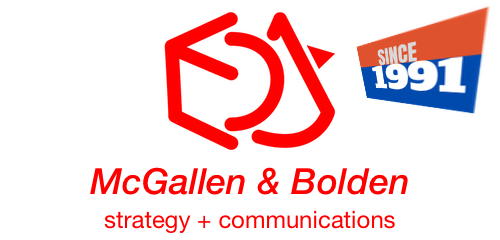
Once upon a time, a journalist was a journalist, and an influencer is an influencer. However, times have changed.
With the media declining around the world with lesser headcounts and tighter budgets, newsrooms are now more pressurized than ever. It does not help when some leadership imagined AI to be the panacea to replace human workers aka journalists and editors.
The other side of the communications spectrum are influencers, who are traditionally considered “paid media”, rather than owned media.
There are now many overlapping or gray areas for such “journo-fluencers” (or “jinfluencer”):
1) Journalists turned influencers
This is where journalists from traditional media cross over to develop their own channels and content, typically on YouTube or Spotify for example.
2) Influencers turned journalists
There are traditional influencers who have gotten BIG and gone on to develop entire businesses developing “earned media” content without getting paid by vendors or sponsorships. They will have “earned media” content, as well as aptly labeled sponsored commercial content. These influencers turned journalists usually are on YouTube and Spotify as well, since long-form content are useful for building successful channels.
3) Leaders turned influencers
Another genre has appeared more on LinkedIn. For example, traditionally we might have imagined celebrities to be influencers. But in our definition, a true influencer would have been more like the late Steve Jobs, Elon Musk, or Dr Albert Einstein. So, in the same light, leaders from businesses, organizations, research and more, have a great deal of ideas to share, and social platforms such as LinkedIn can become their podium to communicate with the world.
The media world is getting more complex and interesting. PR and communications practitioners, especially from the client-side, must recognize that the media world has expanded and overlapped.
At the same time, client-side leaders have a new medium, such as LinkedIn, to communicate with others, including prospects, customers, partners, and stakeholders. PR practitioners can help such leaders hone their online communication to be more relatable and collaborative, and build conversations with people.
If you like to know how best to reach out to the media, build relationships with influencers, or empower your C-suite leaders to leverage on LinkedIn and more, talk to us.
###

Dr Seamus Phan – Global C-suite Publicist & Strategist (Biochemist, Cybersecurity & Webdev pioneer, Author, Journalist) with 37 years of professional field experience.




